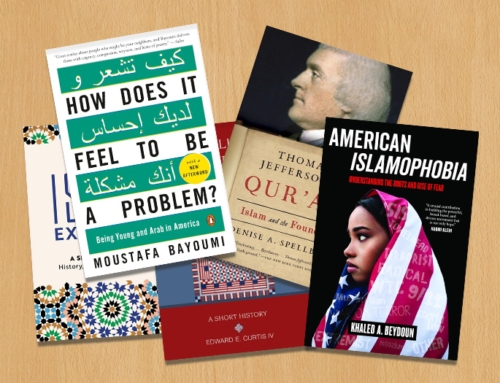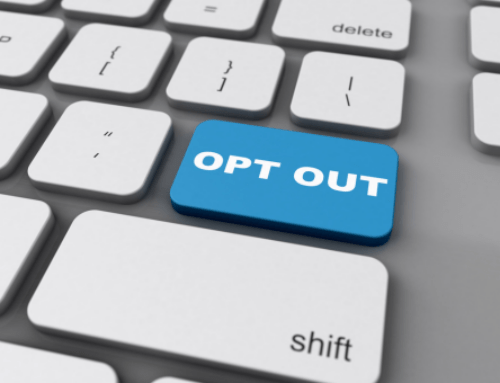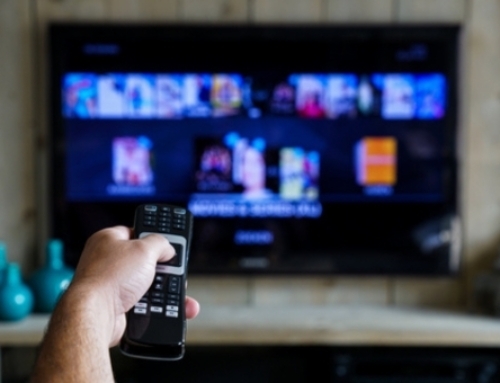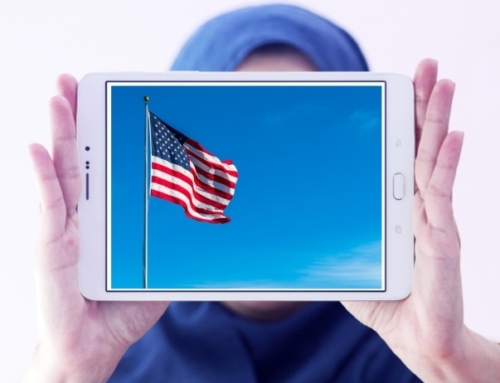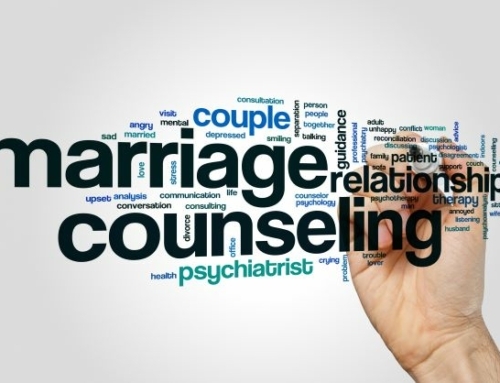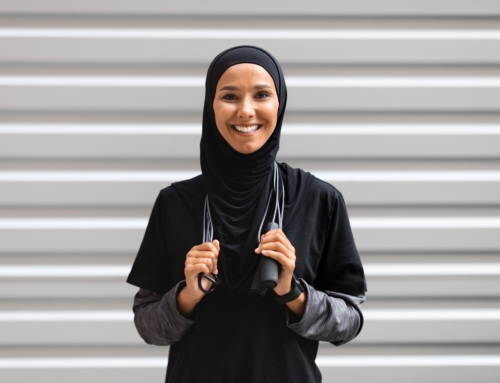Challenges Faced By American Muslims
When one is a minority, there is a constant struggle. The struggle encompasses multiple aspects of life, from the simple acts of people mispronouncing your name to politicians sidelining your community. No one person can speak for an entire group, but there are some general experiences and feelings American Muslims share. America prides itself on being a nation of immigrants and a melting pot. These are cultural ideals that are not always upheld. What a melting pot usually implies is that we all melt into each other and become the same thing. The reality is that most American Muslims love America. We love the freedom, the opportunities, and the culture.
Embracing Diversity
This does not mean that we want to give up our Muslim identity, but that we want to maintain both our religious beliefs and our American culture. What the term “melting pot” usually means is that in the end we all end up being culturally the same. However, America is not meant to be a place where we are all the same. Reality is that there will always be differences in religious groups, sects, cultures, and subcultures. American might be better described as a salad where the tomatoes can remain a tomato while living in peace next to the lettuce and cucumber. We can all be different and simultaneously American.
Breaking Stereotypes
When this difference is not recognized it results in the marginalization of groups. If a Muslim has a different name or dresses differently he or she immediately sticks out as different. We very concerned with their image because of the negative stereotypes they face. Everywhere we look we are being portrayed as the problem. In movies, we are the bad guys blowing things up. In the media crimes committed by Muslims are attributed to Islam itself and not the individual. Politicians use us to create fear and portray themselves as saviors of America. This results in people looking at us with suspicion, as if we are some mysterious creature from another planet, or worse that we are out to harm them. To disprove this negative image, we have to show how normal we are.We carry the burden to prove our Americanness or normalness. We want to show others that we are not like what is shown on television. We smile a little extra, go out of our way to show how American we are, and even sometimes have to change our names for the convenience of others. Our every action is usually scrutinized. We feel that if we make the smallest mistake that it will reflect negatively on our entire community. This is unfair because we are not given the opportunity to just be ourselves.
Political Neglect And Double Standards
At the political level we are often neglected. Politicians say things like “Islam hates us” suggest that we should not be allowed to serve in government, and that there should be a registry for Muslims. When an American who is also Muslim commits a crime, there is political outrage and calls for immigration reform. These crimes are played over and over again in the media and everyone in the country is aware of it. However, when crimes are committed against Muslims there is very limited news coverage and silence by politicians. For example, when a mosque in Minnesota was bombed, Donald Trump was silent and made no official statement. Not only is there silence from many politicians, but there is rhetoric used that encourages violence against Muslims.
Increasing Hate Crimes And Discrimination
This results in hate crimes against innocent Americans for no other reason than their choosing Islam as their religion. The Pew Research Center notes that there has been a 19% increase in hate crimes against American Muslims from 2016 to 2017. This includes murder, the bombing of mosques, and destroying of property. Muslims in American feel threatened and fear for their safety. Many Muslim women are afraid to wear the hijab in public for fear of being attacked. If a woman wears a hat no one takes issue with her, however, if she wears the hijab everything changes. Muslim women are more vulnerable to discrimination and hate crime because they wear the hijab. According to a Pew Research study, in 2017 48% of Muslims in America have experienced at least one hate incident in the last twelve months.
Resilience And Optimism
However, American Muslims also feel comfort when they experience positive experiences of being accepted. The same study shows that alongside these reports of discrimination, a similar – and growing – share (49%) of Muslim Americans say someone has expressed support for them because of their religion in the past year. And 55% think Americans in general are friendly toward U.S. Muslims, compared with just 14% who say they are unfriendly. Despite the concerns and perceived challenges American Muslims face, 89% of Muslims say they are both proud to be American and proud to be Muslim. Fully eight-in-ten say they are satisfied with the way things are going in their lives. And a large majority of U.S. Muslims continue to profess faith in the American dream, with 70% saying that most people who want to get ahead can make it in America if they are willing to work hard.
Challenging Double Standards
Many of the feelings of alienation experienced by American Muslims stem from politicians and negative portrayal in the media. There are certainly double standards when it concerns politics and Muslims. Muslims are often looked at suspiciously with an agenda to “infiltrate” government and apply sharia law. When a Muslim runs for office they are often asked to explicitly make clear or prove that their allegiance is primarily to the law of the land and not religious law or influence. However, several politicians made it very clear that their religion comes first. Vice President Mike Pence proudly exclaimed, “I’m a Christian, a Conservative, and a Republican-in that order.” One wonders how many conspiracy theories might have emerged if a Muslim running for a local office, let alone the vice presidency, claimed that their order of allegiance begins with Islam and then their political affiliation.
There is now legislation in America that primarily targets Muslims and prevents them from entering the country. Primarily known as the “Muslim Ban,” this legislation targets immigrants from primarily Muslim countries. Yet, no acts of terrorism have taken place on American soil from individuals from those countries. American Muslims feel isolated and targeted simply for their beliefs.
Recognizing Religious Diversity
We often feel left out when our holidays are not recognized or acknowledged. For instance, there are many schools throughout the country that have Christmas and Hanukah activities in December but come Ramadan or Eid there is nothing. This is even the case in school districts that have a large population of Muslim students. In my local library, we simply asked if a few children’s books on Ramadan could be displayed. The library manager vehemently refused and made every excuse to not put up a single book. Several other Muslims in the city approached the library asking for a few children’s books on Ramadan and they received the same push back and refusal. When we walk into the library in December and see all the Christmas and Hanukah books, we will feel terrible.
Embracing Muslim Contributions
Despite the stares, weird looks, and microaggressions Muslims will continue to be a part of American society as they always have. Even though most Americans do not perceive Islam to be part of mainstream American society, Muslims have fought in our wars, served in government, won Nobel Prizes, built America’s tallest building, and lit the Olympic torch. American Muslims love America, but as one American Muslim comedian put it, we just wish she would love us back.
Got Questions?
We have Answers. Get in touch now.



